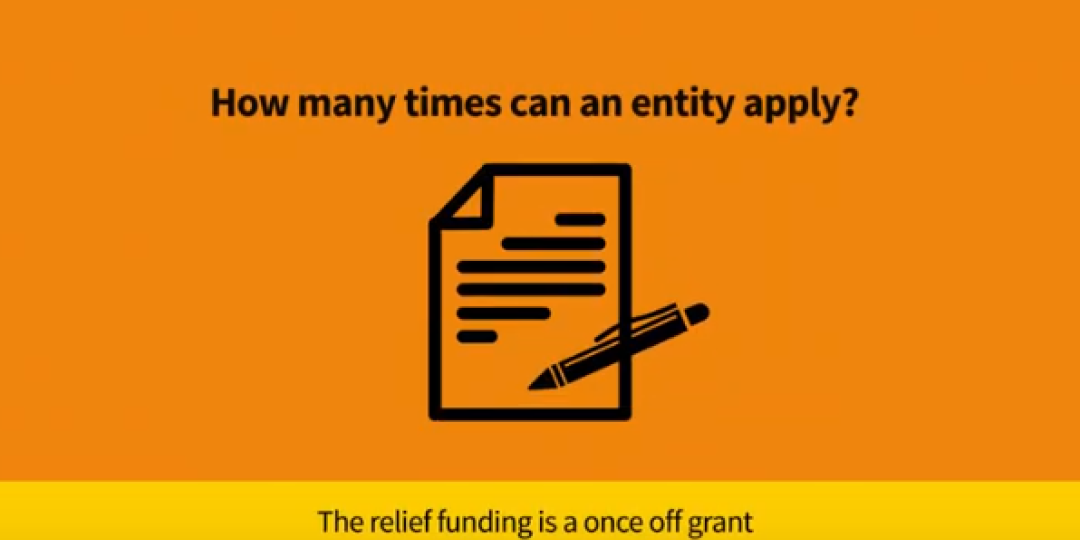The COVID-19 Tourism Relief Fund has come in for criticism, with many small, medium and micro enterprise (SMME) product and service providers saying the criteria exclude numerous tourism businesses affected by the pandemic.
The R200 million (€10m) fund was established as an intervention to mitigate the impact of COVID-19 on the tourism sector. The Department of Tourism opened applications for the relief fund on April 7.
Western Cape Mayoral Committee Member, Alderman James Vos, has written a letter to President Cyril Ramaphosa, imploring him to broaden the criteria for relief funding to make it easier for all SMMEs to apply and benefit.
“I am concerned that, in our collective haste to implement protective and preventative measures as well as economic support, the finer details of the implementation have not been consulted widely enough to prevent grave unintended consequences,” explained Vos.
“I have spoken with numerous SMMEs who do not qualify for relief funding and who desperately need help to remain open, support their staff and get back to business once the lockdown is lifted.”
Award-winning conservation writer, natural history film-maker and tourism consultant, Sharon Gilbert-Rivett, commented on yesterday’s Tourism Update article announcing that applications had opened, highlighting that people like herself, who have given many years to the South African tourism industry, were excluded.
“Like many in this industry, I am essentially a freelance consultant. I don’t qualify for this fund because I don’t meet the criteria,” said Van Wyk. “Tourism has been my lifeblood for 30 years. Where is the relief for me and those thousands of others like me?
“Who is this industry going to use for marketing, communications, trade representation, reservations, sales and brand management when we are all gone, along with all of our experience, knowledge and expertise? This industry's big players are supported by countless little guys like me.”
CEO of Jurni, Dr Nomvuselelo Songelwa, believes that the Tourism Relief Fund will work and that the criteria are important to ensure that businesses that apply meet a certain of quality of service.
“We’ve seen that 80% of accommodation SMMEs are managed by women who are breadwinners, especially those in rural and semi-urban areas. This relief fund would help this target group immensely,” Songelwa told Tourism Update.
“The application is comprehensive and it is government’s responsibility is to provide a regulatory framework for the industry, ensuring that there is a set standard of quality service. Some SMMEs are in a very early stage of their business and unfortunately won’t meet the legal requirements and will be excluded in this process.”
Songelwa has encouraged SMMEs to give feedback on the criteria to organisations such as South African Tourism and engage with other such organisations. “We implore all SMMEs to look at other financial relief avenues,” she added.






















